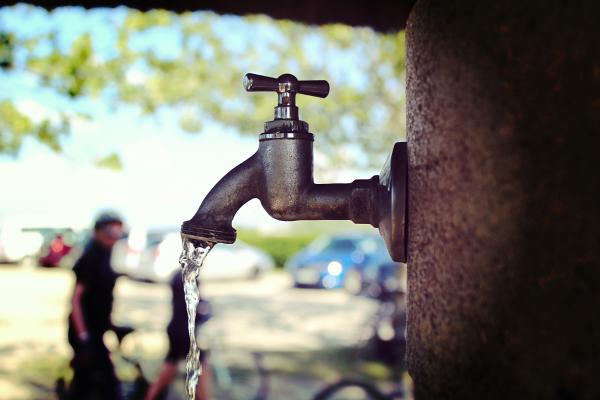FRESH-WATER CRISES have become regular headline news—think of the water shutoffs in Detroit, the systemic contamination combined with structural racism in Flint, the ongoing angst over algal blooms in Lake Erie, and drought in many parts of the country.
When President Trump extolled the importance of investing in infrastructure, water scholars such as myself wondered: What might this mean for the water supply, treatment plants, and distribution systems that strive to keep our country quenched and flushed?
Read the Full Article

Already a subscriber? Login
